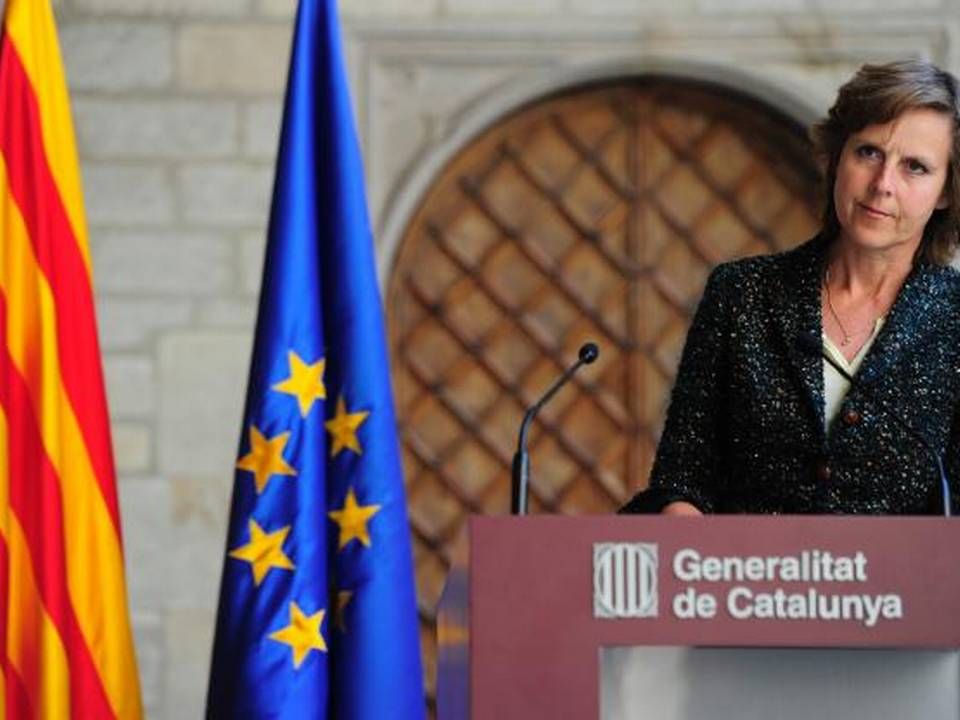Connie Hedegaard fighting for her CO2 proposal

Time is running out for the EU Commissioner for Climate Action, Connie Hedegaard, who had to watch as the EU Commission's so-called MRV proposal was chewed and swallowed by the European Parliament last week, before the proposal returned bearing several significant changes.
MRV (Measure, Register, and Verify) is the EU Commission's proposal for a scheme whereby shipping can monitor how much CO2 each individual ship emits. But a majority in the Environmental Committee - which has treated the Commission's proposal - feels that the proposal should be put together differently. Specifically, the Committee wants the scheme to cover ships of more than 400 BT, registering their emissions, as opposed to the EU Commission, which wants to set the limit at 5,000 BT, thus requiring CO2 measurements from fewer ships.
But in a comment to ShippingWatch, Connie Hedegaard stresses that she has not given up the fight to reach an agreement, though she does admit that a compromise might be necessary in order for the Commission, the Parliament, and ultimately the Council of Ministers under the Greek Presidency to reach an agreement. Time is likely the biggest obstacle, as the European Parliament faces elections in May, and as the entire Commission will be replaced this summer.
"We hope that it will still be possible to reach an agreement between the European Parliament and the EU Commission that is based on a fair compromise before the Parliamentary elections in May. Right now there is intensive contact among the three institutions about this matter," says Connie Hedegaard, adding that a final agreement must not be too far removed from her proposal:
"It's crucial that the final compromise lands ambitiously and as close as possible to the Commission's original proposal, which was well balanced."
Ships of less than 5,000 dwt could avoid CO2 monitoring
In an interview with ShippingWatch prior to Christmas, the Commissioner for Climate Action said that the 5,000 BT limit was fairly settled. Even though it might be lowered in order to make ends meet, the Commission is fairly confident about the Greek Presidency, even though the common Greek attitude toward maritime matters is that they should be handled by the IMO.
But many industry parties consider MRV as an important step to move the IMO along in the process of reducing CO2 emissions, which is the ultimate goal of the entire process.
The Danish Shipowners' Association has also criticized the process and the changes resulting from the European Parliament's treatment of the proposal, especially because the association believes that the proposal now indicates that energy consumption will no longer be measured in relation to cargo volumes, but rather solely in terms of fuel consumption and distances traveled.
"The Environmental Committee has chosen to remove the transport work - that is, the amount of cargo carried - from the reporting requirement, to focus exclusively on the ships' fuel consumption and the distance they sail. This model says nothing about the development in energy efficiency, and it doesn't give carriers the opportunity to use this data as a tool to optimize their energy consumption," says Maria Bruun Skipper, Chief Consultant at the Danish Shipowners' Association.
EU countries disagree on the Commission's CO2 initiative





















